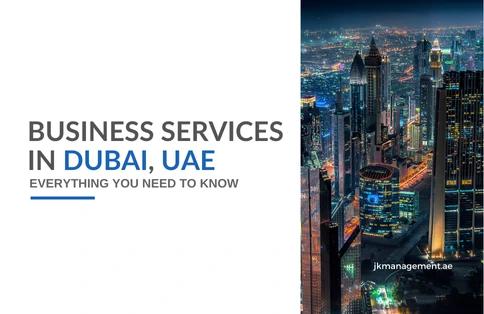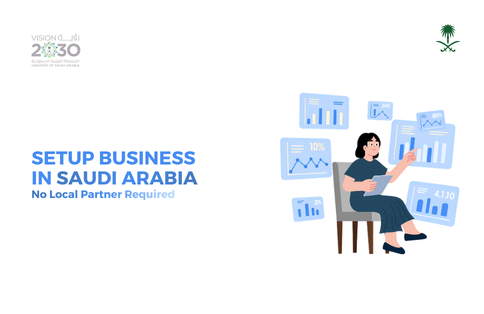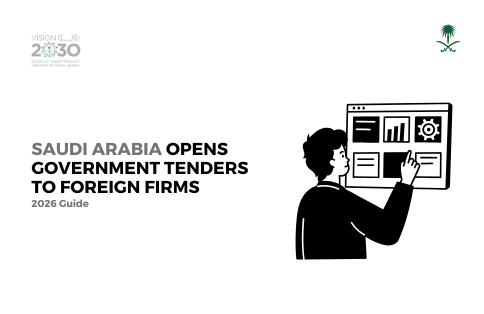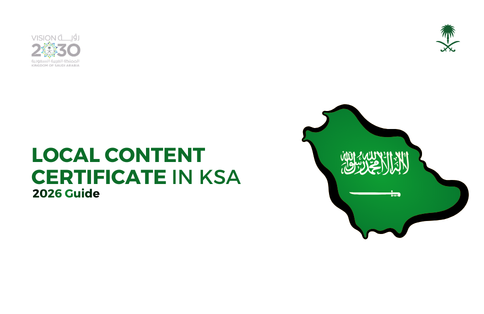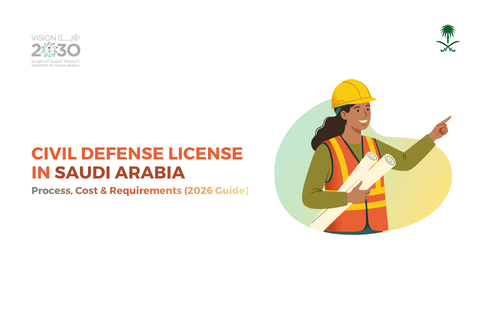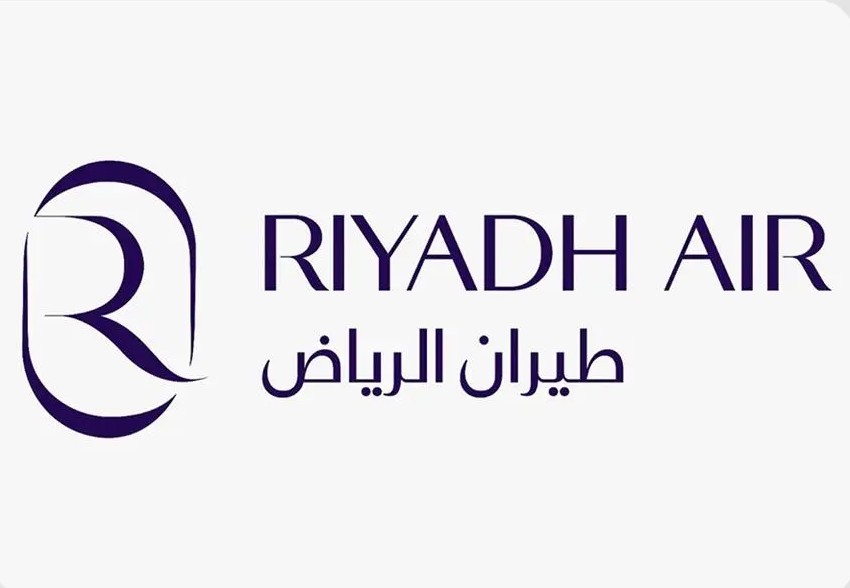Are you planning to expand your business in the Middle East? The UAE and Saudi Arabia are two of the most dynamic economies in the region, offering incredible opportunities for investors and entrepreneurs. But when it comes to starting a business, which country is the better fit for you? Starting a Business In The UAE vs Saudi Arabia helping you make the right decision for your vision in 2025
Why the Comparison Matters
Both the UAE and Saudi Arabia have rapidly evolving business ecosystems, fueled by visionary reforms like UAE’s Entrepreneurial Nation Initiative and Saudi Arabia’s Vision 2030. But despite regional similarities, each country offers a unique setup environment, legal framework, and investor journey. Starting a Business In The UAE vs Saudi Arabia helping you make the right decision for your vision in 2025
Let’s dive into the key comparison points that matter most to entrepreneurs and business owners.
1. 🇦🇪 Business Setup in the UAE
The UAE remains a top choice for international businesses due to its investor-friendly policies and modern infrastructure.
Key Highlights:
- 100% Foreign Ownership in most sectors (including Mainland, Free Zones, Offshore)
- Quick and streamlined company registration process (2–5 days)
- Strategic Free Zones like DMCC, JAFZA, and IFZA offering tax benefits
- No corporate tax (until June 2023); now 9% only for profits exceeding AED 375,000
- Multiple visa options for investors, partners & employees
Top Industries: Real estate, logistics, fintech, tourism, e-commerce, and renewable energy.
2. 🇸🇦 Business Setup in Saudi Arabia
Saudi Arabia is transforming at lightning speed. With mega projects like NEOM, The Red Sea Project, and AlUla, the Kingdom is actively encouraging foreign direct investment.
Key Highlights:
- 100% foreign ownership permitted in many sectors (commercial registration via MISA)
- Fast-growing economy with strong government backing
- Recently introduced 15% corporate tax
- Mandatory ZATCA (e-invoicing and VAT compliance)
- High-value government procurement and public-private partnership (PPP) opportunities
Top Industries: Oil & gas, construction, smart cities, healthcare, education, and IT.
3. 📝 Company Registration Requirements
UAE:
- Choose between Mainland, Free Zone, or Offshore
- Passport copies of shareholders
- Trade name reservation
- Initial approval from DED or respective Free Zone authority
- MOA & LSA drafting (if needed)
Saudi Arabia:
- MISA license for foreign investors
- Commercial Registration (CR) from Ministry of Commerce
- Notarized Articles of Association
- Chamber of Commerce and ZATCA registration
- Local office address required
4. 💼 Office Space & Physical Presence
UAE offers flexi-desk options and virtual offices in Free Zones. This allows new businesses to cut costs in the early stages.
In Saudi Arabia, a physical office address is mandatory, and the process is often more traditional, especially for foreign companies. However, regulations are modernizing quickly.
5. 💳 Capital Requirements
UAE:
- No minimum capital for most Free Zone entities
- Mainland companies may require minimum capital depending on activity
Saudi Arabia:
- Minimum capital for LLCs is SAR 500,000 (around AED 490,000) for foreign investors
- Capital must be deposited in a local bank account
6. 👥 Employment and Saudization vs Emiratization
UAE:
- Easier hiring process
- Emiratization quotas introduced recently for companies with 50+ employees
- Employment contracts managed through MOHRE
Saudi Arabia:
- Strict Saudization rules with quotas based on company size and sector
- GOSI registration and Nitaqat system monitoring
7. 📈 Taxation & Compliance
UAE:
- 0% personal income tax
- 9% corporate tax from June 2023 (with exemptions under specific conditions)
- 5% VAT applicable on most goods/services
Saudi Arabia:
- 15% VAT
- 15% Corporate tax
- Zakat for local investors
- Rigorous tax reporting via ZATCA
8. 🔒 Banking & Financial Transparency
Both UAE and Saudi Arabia have strong banking sectors, but opening a corporate bank account is generally easier in the UAE, especially for Free Zone companies.
Saudi banks are stricter in KYC and documentation, and processing times are longer for non-residents.
9. 🤝 Government Support & Initiatives
UAE:
- Golden Visa for long-term investors
- Business incubators like Hub71, DTEC
- Grants and funding for SMEs and startups
Saudi Arabia:
- Monsha’at for SME support
- Local Content & Government Procurement Authority (LCGPA)
- Incentives for industrial and tech sectors through Saudi Industrial Development Fund (SIDF)
Final Verdict
Both countries offer exciting opportunities, but the choice depends on your industry, risk appetite, and long-term goals.
Choose UAE if:
- You want a faster, more flexible startup process
- You prefer ease of doing business with fewer compliance hurdles
- Your focus is on international trade, tech, or services
Choose Saudi Arabia if:
- You aim to enter a high-growth emerging market with untapped potential
- You’re aligned with government mega projects like NEOM or Vision 2030 sectors
- You can navigate more complex regulations with local support








